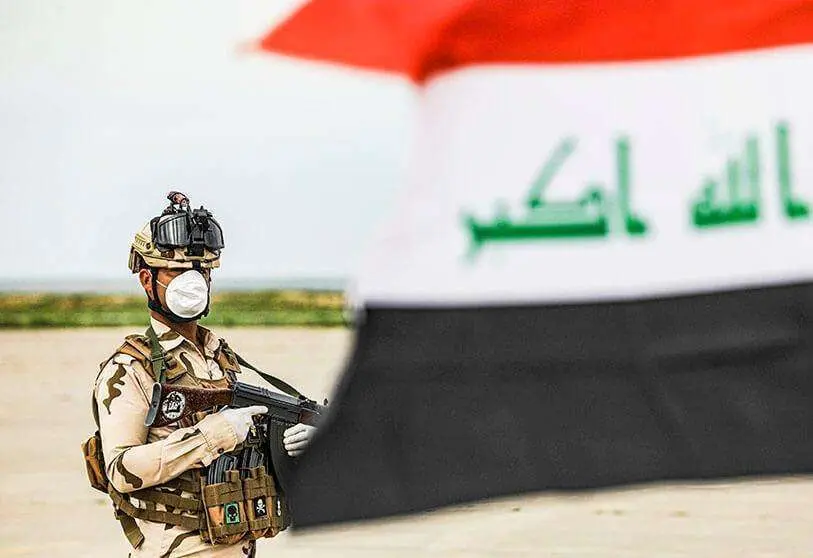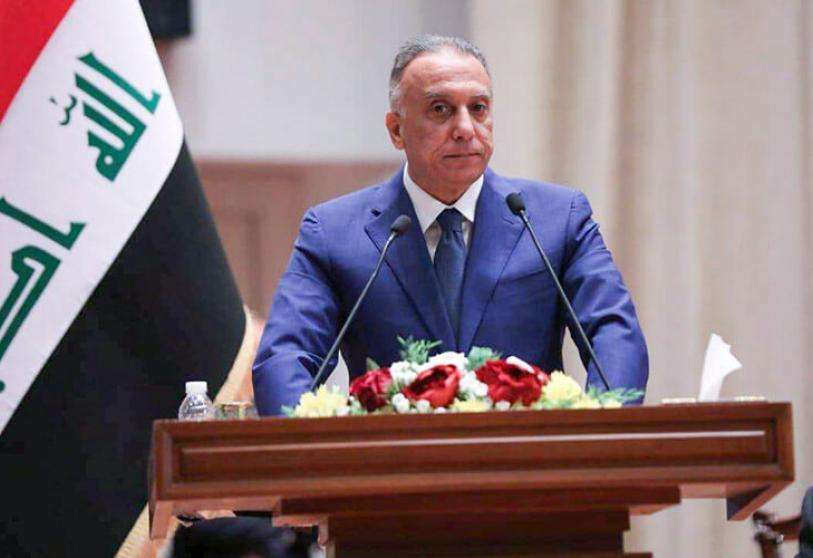Instability returns to Iraq with assassination of jihadist expert critical of pro-iranian militias

The delicate political situation in Iraq makes the country vulnerable and unpredictable. Any event can turn the course of the nation upside down. Instability, unrest and mistrust have returned to this part of the world in the middle of summer with the assassination of jihadist expert Hisham al Hashemi, who had been very critical of the pro-Iranian militias. The 47-year-old analyst was shot in front of his home in Baghdad by unknown men wearing hoods. They perpetrated the crime while riding on a motorcycle and fled after the shots were fired.
Many observers fear that this murder is the first in a new tragic series like the one the country experienced during the 2006-2009 civil war. Since October 2019, when a series of mass anti-government protests began, new tensions have been looming, once again threatening the nation's stability. "Armed groups of various tendencies have killed protesters and government critics with impunity, but killing someone of the Hashemi level suggests total impunity," Belkin Willie of Human Rights Watch told AFP.
Hashemi, a prestigious analyst who spoke without fear, had made enemies in many places. He was a regular contributor to local and international media commenting on issues related to jihadism and Iraqi politics. Lately his comments had focused on the role of Iran's armed factions in Iraq. He was a renowned expert who was consulted by embassies and security services around the world. He also had a personal relationship with all the country's politicians, which for many years served to protect him, as his relatives have explained.
Hashemi had supported the October 2019 popular revolts against the Government, which left 550 people dead, including activists killed in front of their homes by men on motorcycles. Iraq's designs at the time were in the hands of an executive considered close to Iran, so Hashemi's sympathy for the protesters infuriated the Tehran-backed factions in the Iraqi military network Hashed al Shaabi. "The parameters changed after October. There was a new modus operandi and a change in the confrontation with the pro-Iranian factions," Adel Bakawan, an Iraqi expert who knew Hashemi, told AFP.
Other experts, however, suggest that the real turning point came in January, when an American attack on Baghdad killed Iranian General Qassem Soleimani and the deputy commander of the pro-Iranian Hashed militia, Iraqi Abu Mahdi al-Muhandis. Hard-line factions within the Hashed, particularly those close to Iran like Kataeb Hezbollah, vowed revenge against the U.S. and its allies inside Iraq. Hashemi was considered, like other civil society personalities, very sympathetic to Western interests. "Hisham knew things had changed," Renad Mansour, a researcher at London-based Chatham House who worked with Hashemi for years, told AFP.

Despite the murder of this analyst, it seems that the new prime minister, Mustafa al-Kazemi, is willing to tighten the screws on the pro-Iranian militias. The arrest of 14 members of the Kataeb Hezbollah brigades, who were allegedly preparing a rocket attack, at the end of June is a sign of this. Although the detention could not be extended for more than four days.
For Raed Fahmi, the leader of the Iraqi Communist Party, Hashemi's death is a political assassination that represents both an attempt to silence freedom of expression and a challenge to the government, the prime minister and any reform project. Other activists have told the AFP agency that they have long feared being attacked by pro-Iranian groups. "It could have been any one of us. Our friends have already been notified to leave immediately," Omar Mohammad, a historian who documented the atrocities in Mosul during the Islamic state terror, told AFP.








